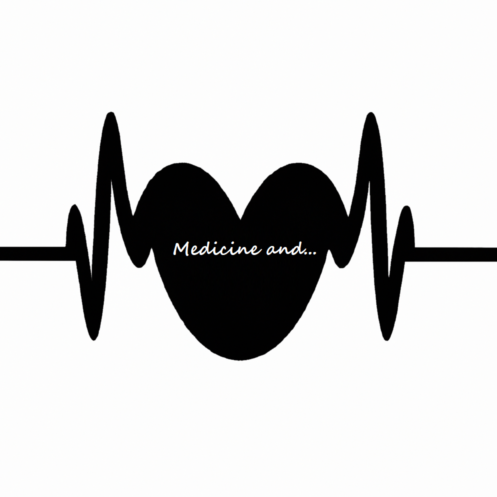Cardiac MRI (Magnetic Resonance Imaging) is a medical imaging technique that uses a strong magnetic field and radio waves to produce detailed images of the heart and surrounding blood vessels. It is used to evaluate the structure and function of the heart, as well as to detect and diagnose a variety of heart conditions.
During a cardiac MRI, the patient is placed on a table that slides into a large, tube-like machine. The machine produces a magnetic field around the patient, and radio waves are used to produce detailed images of the heart and blood vessels. The patient may be asked to hold their breath for a short period of time to get a clear image.
Cardiac MRI is used to assess the size and shape of the heart, as well as the function of the heart muscle and valves. It can be used to diagnose conditions such as heart attacks, coronary artery disease, heart failure, and cardiac arrhythmias. It is also useful for evaluating the effectiveness of treatments for these conditions.
The cost of a cardiac MRI can vary depending on the facility where the procedure is performed and the patient’s insurance coverage. In general, the cost can range from several hundred to several thousand dollars. Cardiac MRI is usually ordered by a doctor or other healthcare provider, such as a cardiologist.
Some examples of conditions that may be diagnosed with cardiac MRI include:
- Coronary artery disease
- Heart attacks
- Heart failure
- Cardiac arrhythmias
- Heart valve abnormalities
- Cardiomyopathies (diseases of the heart muscle)
- Pericarditis (inflammation of the sac around the heart)

Leave a Reply